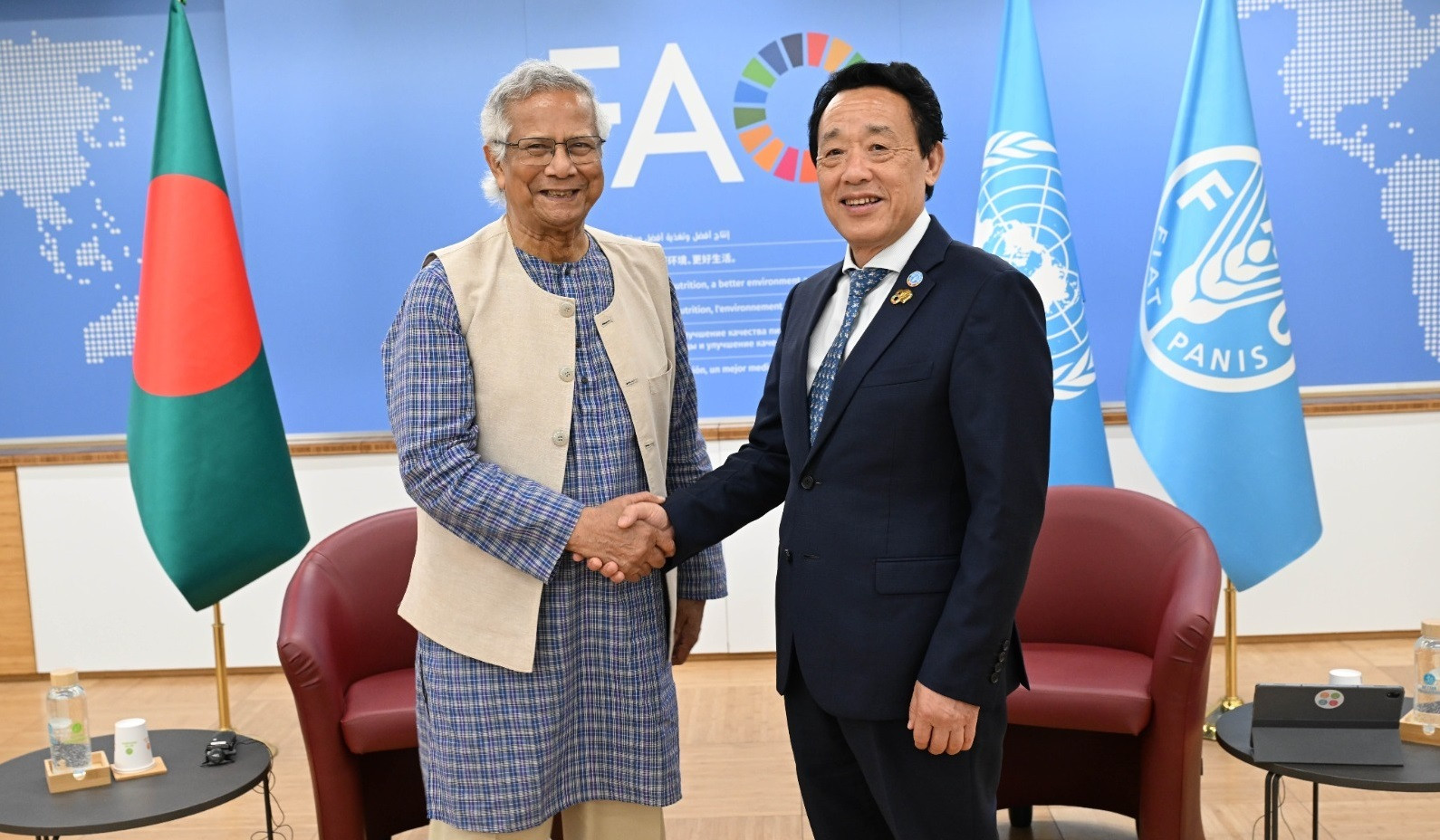.jpg)
Tarique Rahman’s green vision for a liveable Bangladesh
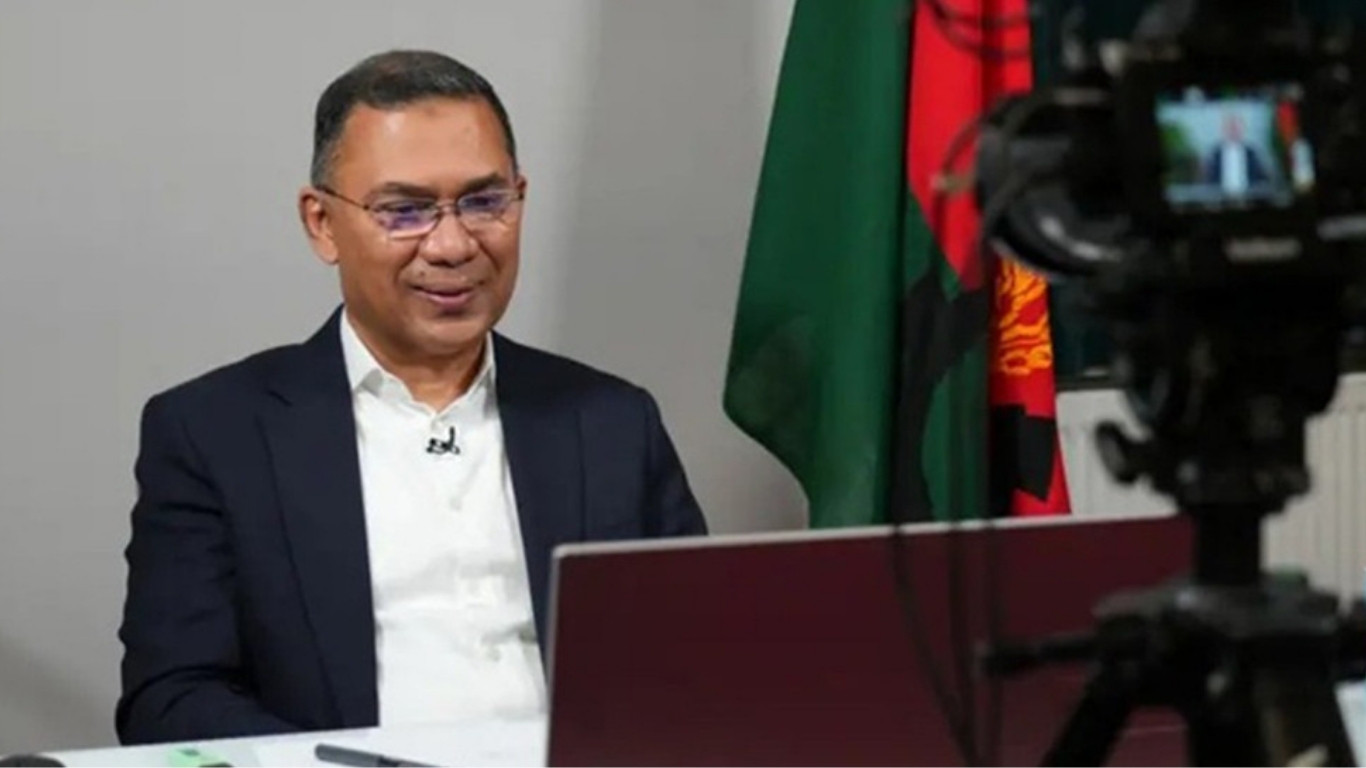
Bangla Press Desk: Beyond his role as a politician struggling for democracy and people’s rights, BNP's acting chairman Tarique Rahman has long been an environmental activist with a vision of building a liveable Bangladesh by ensuring ecological balance and sustainability.
Alongside his political efforts, Tarique has consistently championed initiatives aimed at environmental protection and ecological restoration. His activities have ranged from tree plantation drives and releasing fish fry into water bodies to promoting animal welfare -- all pointing to his long-standing commitment to the environment.
During the BNP-led government’s tenure from 2001 to 2006, Tarique played a pivotal role in spearheading environmental programmes that led to major policy decisions, such as banning polythene bags and two-stroke baby taxis, and implementing extensive tree plantation and afforestation projects nationwide. These measures significantly contributed to protecting the environment at a time when such issues were often neglected in national policymaking.
Following the fall of Sheikh Hasina’s authoritarian regime on 5 August 2024, Tarique Rahman’s environmental activities have gained renewed momentum. He has already shared his vision and plans for sustainable environmental governance in the post-regime era.
As part of this, he has included a comprehensive plan for creating a liveable Bangladesh in his 31-point state reform proposal -- a blueprint the BNP pledges to implement if voted to power in the next national election.
He also has pledged to plant 25 to 30 crore trees over five years if his party is voted to power in the next parliamentary election, aiming to combat climate change and protect the environment.
Under his directives, different front and associate organisations of the party have launched nationwide cleanliness campaigns, focusing on canals and ditches in various parts of the country, including the capital, with the goal of reducing pollution and restoring natural water flows and tree plantation programme.
"Amra BNP Poribar", a flagship initiative of Tarique Rahman, has been at the forefront of tree-plantation drives and fish fry releases across Bangladesh. The organisation has set a target to plant more than 50,000 saplings this year alone.
Similarly, the "Bangladesh Animal Welfare Association", another initiative of Tarique Rahman, organised a day-long “Animal and Life Fair” and a discussion session in September at the Bangladesh-China Friendship Conference Centre in Dhaka. The event aimed to raise public awareness of environmental protection, ecosystem preservation, and animal welfare.
Speaking at the event, Tarique Rahman pledged that a future BNP government would reform and strengthen existing environmental and wildlife legislation, including the Animal Welfare Act 2019, the Wildlife Conservation and Security Act, the Biodiversity Protection Act, the Environmental Development Act, the Environmental Conservation Act, and the Climate Change Trust Act, to make them more effective and relevant.
He called for prioritising ecological balance and biodiversity conservation as essential pillars for the survival of human society.
“The conservation of biodiversity and preservation of ecological balance are crucial for ensuring a healthy and sustainable future for mankind. Animal rights are essentially tied to our own existence,” he said.
In a recent message marking World Habitat Day, the BNP acting chairman reiterated the fundamental importance of environmental preservation to human dignity and development.
“A home is a basic human right. We all deserve a home that is safe, dignified, and secure. Our countryside, towns, cities, rivers, and forests are all one habitat, and together they shape our future. We cannot have a strong home in a broken environment, and we cannot build a prosperous nation without sustainable development. Today’s challenges of chaotic urban growth and climate risk demand bold, immediate action,” he said.
Outlining his future plans, Tarique Rahman declared, “We’ll launch a National Green Mission, planting 250 million trees, restoring rivers, turning waste into resources, modernising farming, investing in renewable energy, and expanding the blue economy to create opportunities for our youth. I pledge that the BNP government will protect our habitat and preserve our future. Together, let’s build a greener, more sustainable Bangladesh.”
Earlier, on the occasion of World Environment Day, Tarique Rahman emphasised the country’s natural wealth and the moral responsibility to protect it.
“Bangladesh, by virtue of its geography, is blessed with extraordinary natural beauty and ecological diversity. It is therefore our solemn duty to preserve this rich environment for future generations,” he said.
“From its very inception, the BNP has been recognised as an environmentally conscious party. Over the years, we have championed initiatives including widespread tree plantation drives, canal excavation and maintenance projects, and active campaigns to restrict the use of harmful plastics,” he noted.
He went on to highlight the environmental legacy of previous BNP leaders. President Ziaur Rahman launched the Environment Pollution Control Project in 1977, which later evolved into today’s Department of Environment. Building on this foundation, BNP Chairperson Begum Khaleda Zia introduced the Bangladesh Environment Conservation Act in 1995 and established the country’s first Environmental Courts, pioneering legal mechanisms for ecological protection.
“Our goal has always been to build a greener, cleaner Bangladesh,” he added.
Tarique Rahman stressed that, in light of the escalating climate crisis and worsening industrial pollution, Bangladesh now needs a pragmatic and forward-looking national environmental strategy more than ever before.
He outlined a five-point plan, pledging that if the BNP is entrusted with governance again, it will:
1. Develop a National Green Recovery Plan, focusing strongly on reforestation (planting 250 to 300 million trees within five years), renewable energy, and sustainable agriculture.
2. Ban harmful plastics and toxic chemicals, promoting biodegradable alternatives in industries and households.
3. Launch a comprehensive dredging and restoration programme for rivers and canals to combat waterlogging and protect aquatic ecosystems.
4. Support climate-resilient agriculture and infrastructure in the vulnerable southern regions to help communities adapt to climate change.
5. Integrate environmental education into school curricula to raise a generation of environmentally conscious citizens.
“Environmental conservation is not a luxury; it is a necessity. Let us come together, across political and social boundaries, to build a sustainable Bangladesh -- one where future generations inherit a land that is green, liveable, and resilient,” he said.
Through his words, initiatives, and policy proposals, Tarique Rahman has increasingly emerged as an environmentally conscious leader -- a type of leadership urgently needed in a world grappling with climate change and ecological decline. A visionary with a deep appreciation of nature and a clear understanding of environmental challenges, he seeks to build a liveable Bangladesh rooted in ecological balance and long-term sustainability.
BP/SP
YOU MAY ALSO LIKE
.jpg)
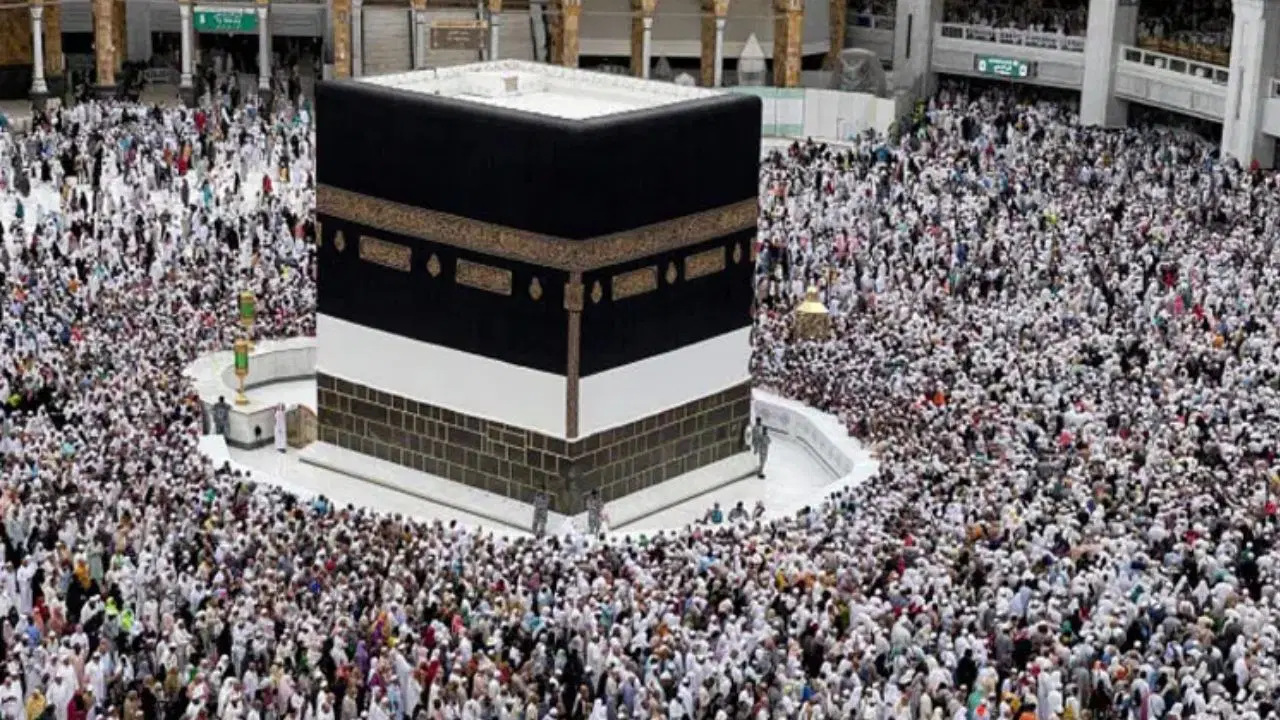
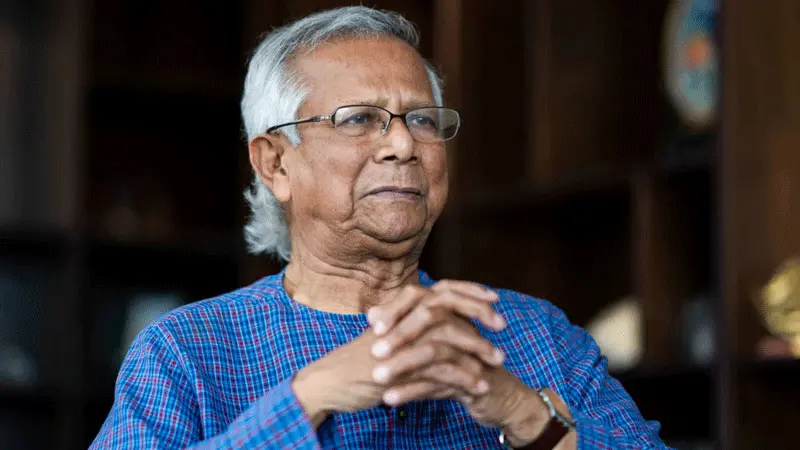
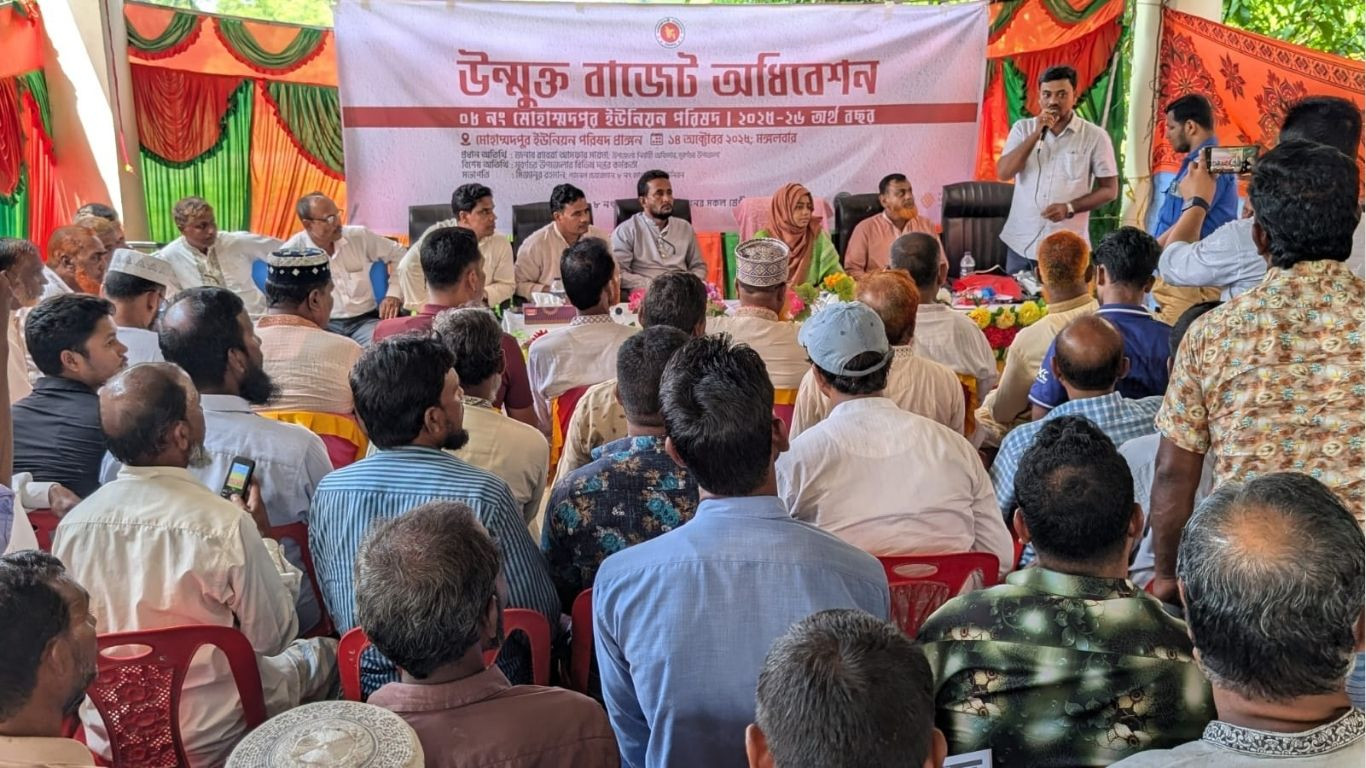
Tk5.68cr budget announced at open budget session in Noakhali

